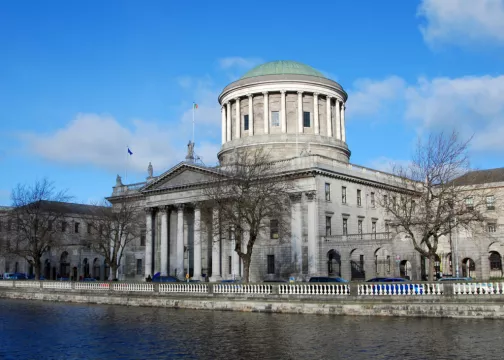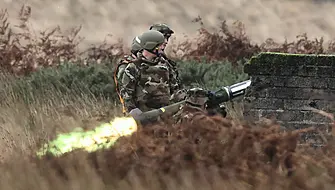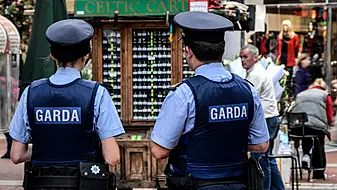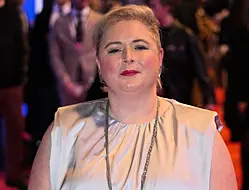A doctor who has been accused of rape in a complaint to the Medical Council can only practise medicine on a restricted basis pending further order, the High Court has ruled.
Mr Justice Micheál O'Higgins refused a Medical Council application to suspend the doctor but imposed restrictions on how he works. The judge gave details of the case in a judgment given last October which was published on Friday.
The judge said that in February last year, a woman, with whom the doctor had been in a five-year relationship, made several extremely serious allegations to the Medical Council against him.
The allegations included that he raped her at her home in December 2022 and attempted to rape her on two previous separate occasions.
She said they did not live together as he is married.
She claimed she married him within the Islamic faith, and he ended the relationship abruptly in November 2022 by verbally divorcing her.
She also claimed he twice forced her to take medication which induced abortions after she became pregnant.
She also said she obtained a three-year barring order against him, adding that gardaí have opened a criminal investigation on foot of a statement she made to them.
Denial
The doctor, a GP who qualified abroad and subsequently registered in Ireland, denies all the allegations.
In a sworn statement, he denied he ever raped or attempted to rape the complainant.
He said one of the only specific details provided by her in relation to the allegation of rape is that she recounted that she said they could not have sexual relations because they were no longer married. This was completely untrue in circumstances where they were never married to begin with, he said.
He admitted he was in an extramarital relationship with the complainant, which he described as a very difficult matter for both him and his wife, who he said is very supportive of him.
He and the complainant were never married, either civilly married or in accordance with the Islamic faith, he said. Marriage in the Islamic faith is required to be done in front of two witnesses and there were no such witnesses because it never happened, he added.
In relation to the woman's claim that she obtained a barring order against him, he said he gave an undertaking to the District Court to stay away from her, not because he had done anything wrong but because he wanted nothing more to do with her.
He also strongly denied the forced abortion claims, along with a number of other claims she made about his professional, financial and personal life.
Suspension
In seeking his suspension by the High Court, the Medical Council argued that in the course of his denials, the doctor made a series of demonstrably false statements, both to the council and in an affidavit.
These false statements concerned matters which are absolutely central to the woman's complaint, the extent of their relationship, his role as her treating doctor and his knowledge of her pregnancy, it was argued.
It was asserted that he had even admitted on affidavit to having deliberately attempted to mislead the Council on certain matters.
The council contended it was in the public interest to suspend him from practice.
The doctor argued that, despite their serious nature, no criminal proceedings have been commenced by gardaí.
He said he is willing to continue undertakings given to the council and the court to only see patients in the presence of medically-qualified female chaperones.
Mr Justice O'Higgins said the doctor appeared to be in error in relation to the Garda investigation because the evidence was such an investigation had commenced, although no charges have been brought.
As a period of suspension would be likely to last a number of years, the judge said he had to weigh the financial hardship question in the scales as a factor tending against a suspension order.
The judge said he was satisfied that, at the very least, significant conditions should be put in place in relation to the doctor in order to ensure the protection of the public, so far as is possible.
He imposed restrictions, including that he is not to engage in the practice of medicine for more than six hours per week and not to examine female patients in the absence of a chaperon, pending the conclusion of the complaint.
He is also to provide the Medical Council with an update if he is charged with any offence in relation to the complainant, and not to contact her or any members of her family.
If you have been affected by any of the issues raised in this article, you can call the national 24-hour Rape Crisis Helpline at 1800-77 8888, access text service and webchat options at drcc.ie/services/helpline/ or visit Rape Crisis Help.







